And it seems more and more people are struggling with ‘eco-anxiety’ as our warming world just seems to get… well, warmer.
It’s Not Just You
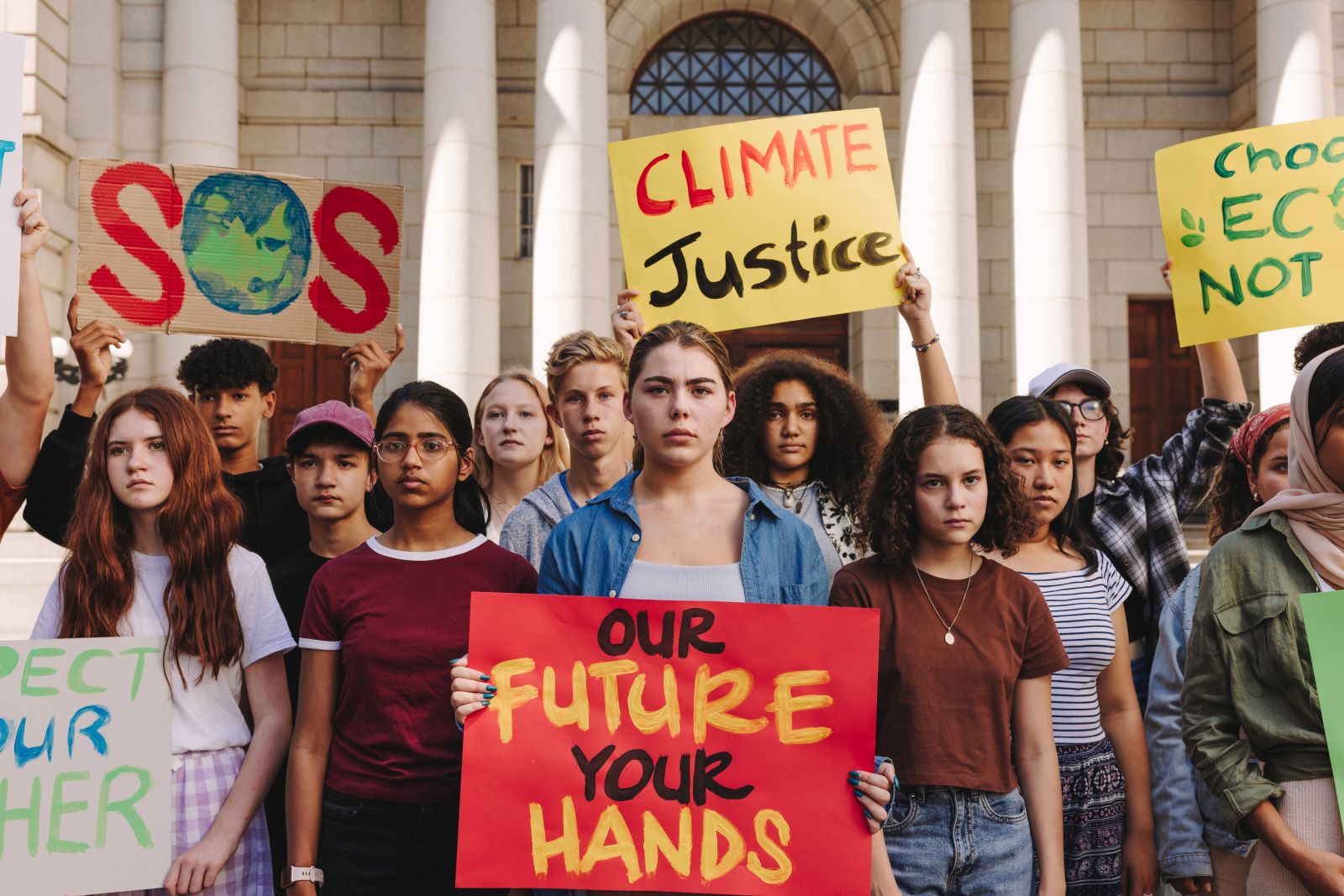
Image Credit: Shutterstock / Jacob Lund
If you think the melting ice caps are only affecting a handful of people, think again.
According to a recent large-scale global study, nearly 60% of young people between the ages of 16 and 25 are very concerned about the climate crisis.
And more than 45% stated those feelings harm their day-to-day lives.
Not Our Imagination

Image Credit: Shutterstock / Pheelings media
But there’s even a name for this: eco-anxiety, also called climate anxiety.
And it’s rooted in distressed feelings of uncertainty, lack of control, and growing concerns regarding our changing world due to global warming.
Different Kind of Stress
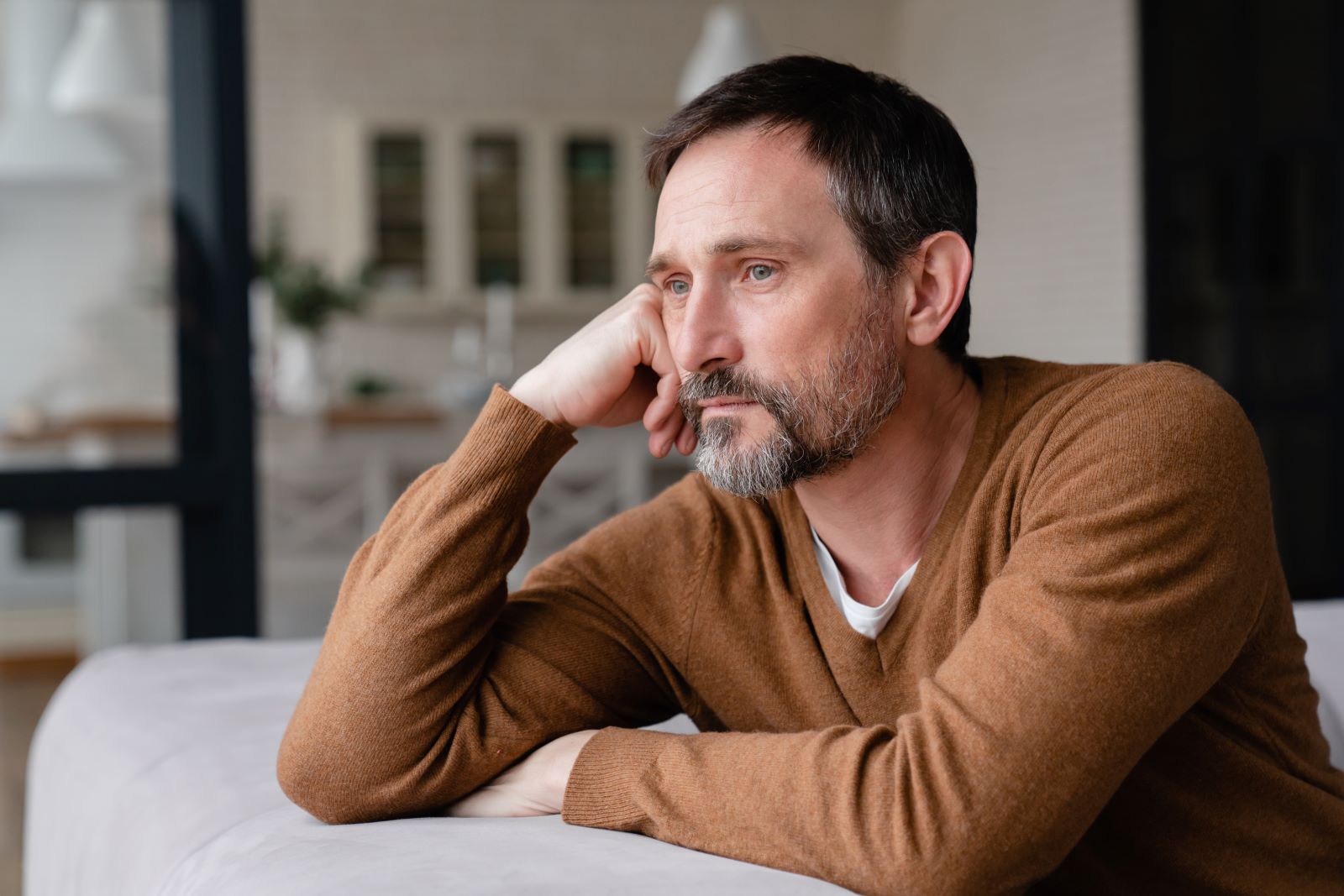
Image Credit: Shutterstock / Inside Creative House
While other stress factors are often personal, climate change impacts people more on a universal scale. It’s also longer lasting and often intangible, yet can affect everyone regardless of age or status.
Nearly Worldwide
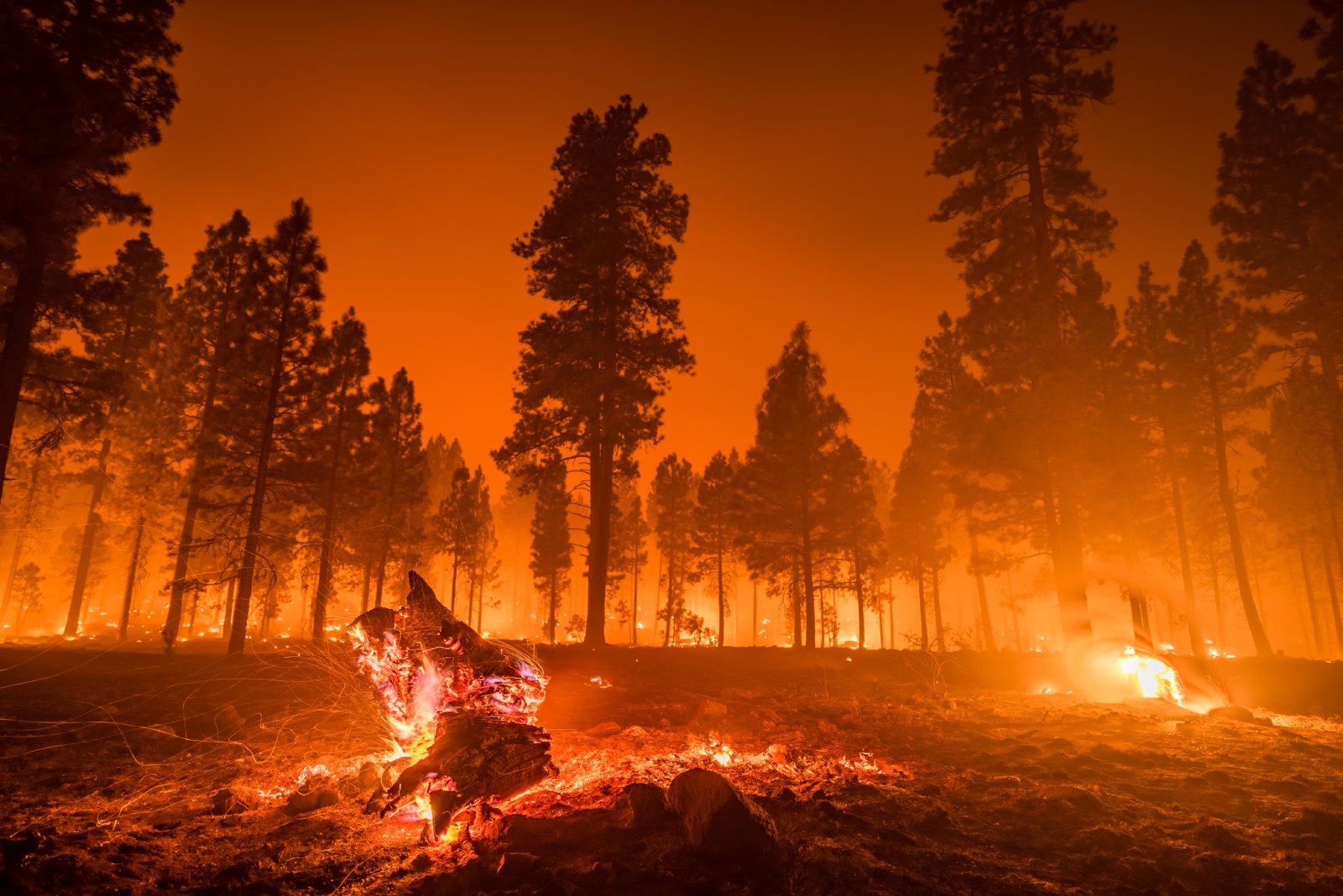
Image Credit: Shutterstock / My Photo Buddy
Although climate anxiety can arise from a disaster, like surviving a flood or wildfire, it can also manifest as simple existential dread regarding the future.
As per a 2021 study, eco-anxiety was found to be recurrent across four continents and in 10 countries.
Let’s Get Physical?
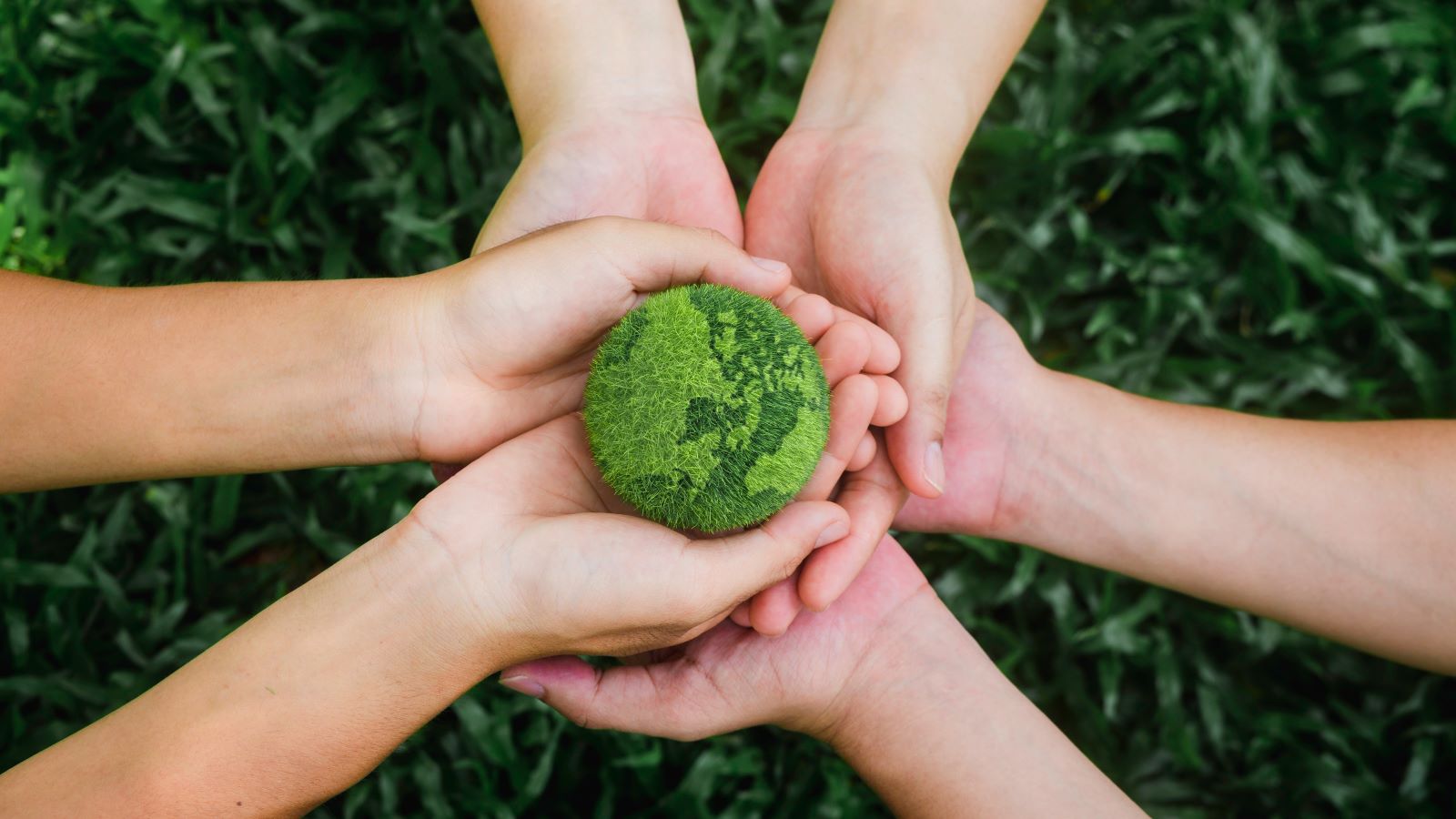
Image Credit: Shutterstock / Borri_Studio
Fortunately, there seems to be an outlet for those who want to stop stressing and start helping: the American Climate Corps (ACC), a government jobs program that examines the environmental problems of the 21st century.
Do Something About It

Image Credit: Shutterstock / lev radin
According to President Joe Biden, who launched the ACC in April: “This is a case where conscience and convenience cross paths, where dealing with this existential threat to the planet and increasing our economic growth and prosperity are one in the same. When I think of climate change… I think of jobs.”
Lessen the Anxiety
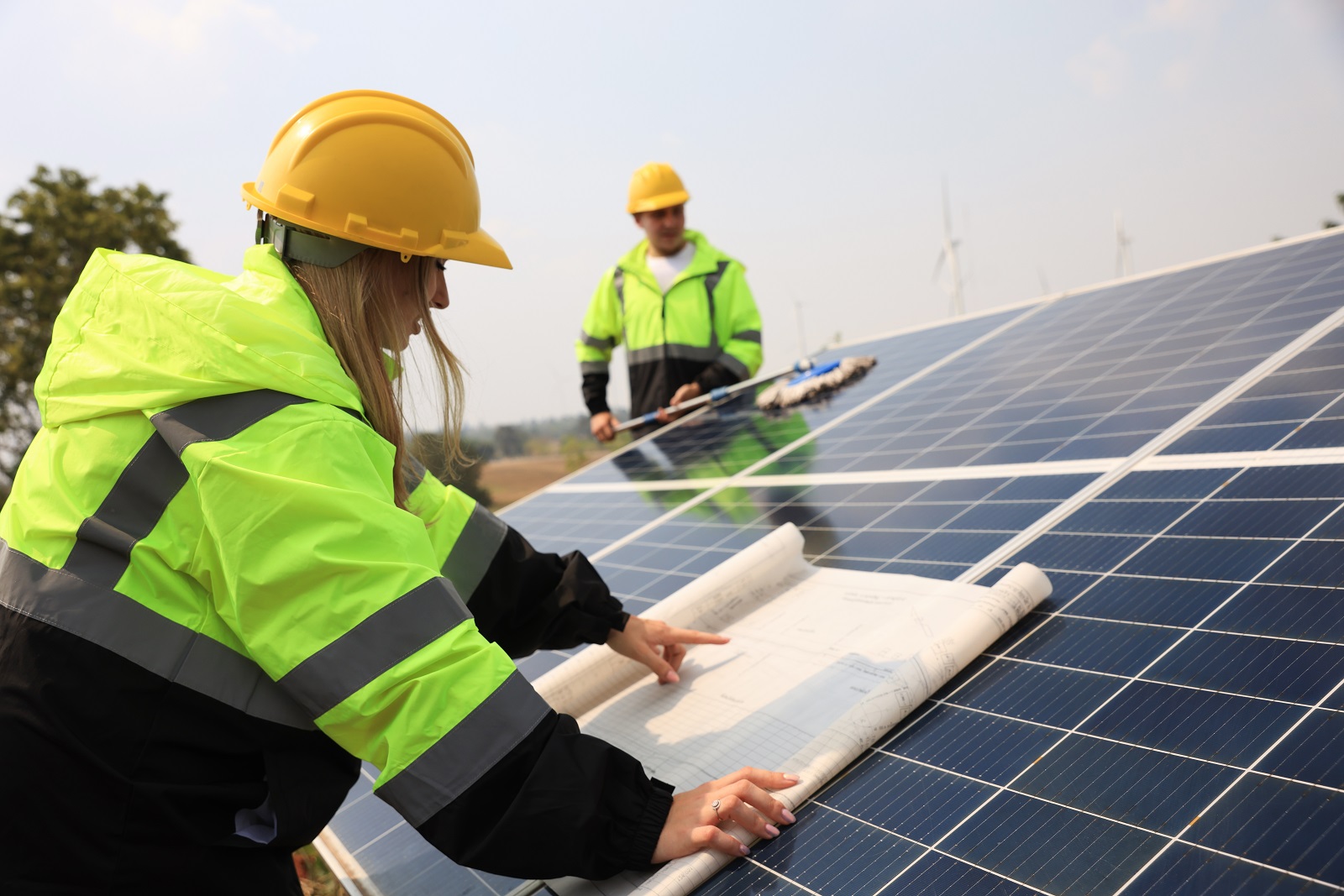
Image Credit: Shutterstock / narai chal
In addition to helping to restore wetlands and increase solar panels across the US, the ACC also can help alleviate widespread climate anxiety by channeling people’s worries into physical, hands-on work that can produce tangible results.
It’s Become a Thing
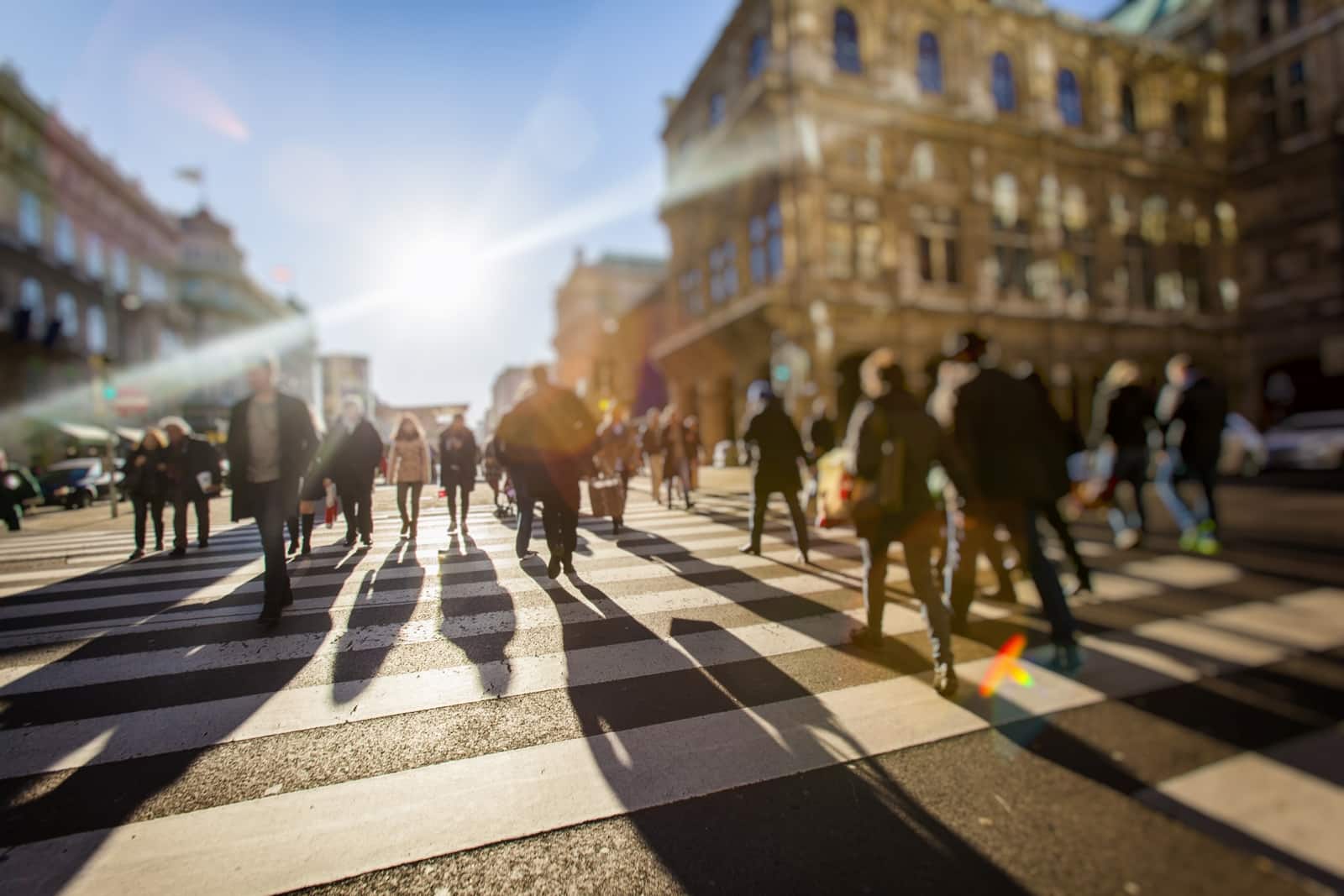
Image Credit: Shutterstock / BABAROGA
Over the past 15 years, eco-anxiety has evolved considerably from some individuals feeling scared about the future into something mainstream – so much so, that over 50% of Americans now state that, to some degree, they feel anxious about how climate change is impacting not only the world, but also their mental health.
You Can Also… Do Nothing
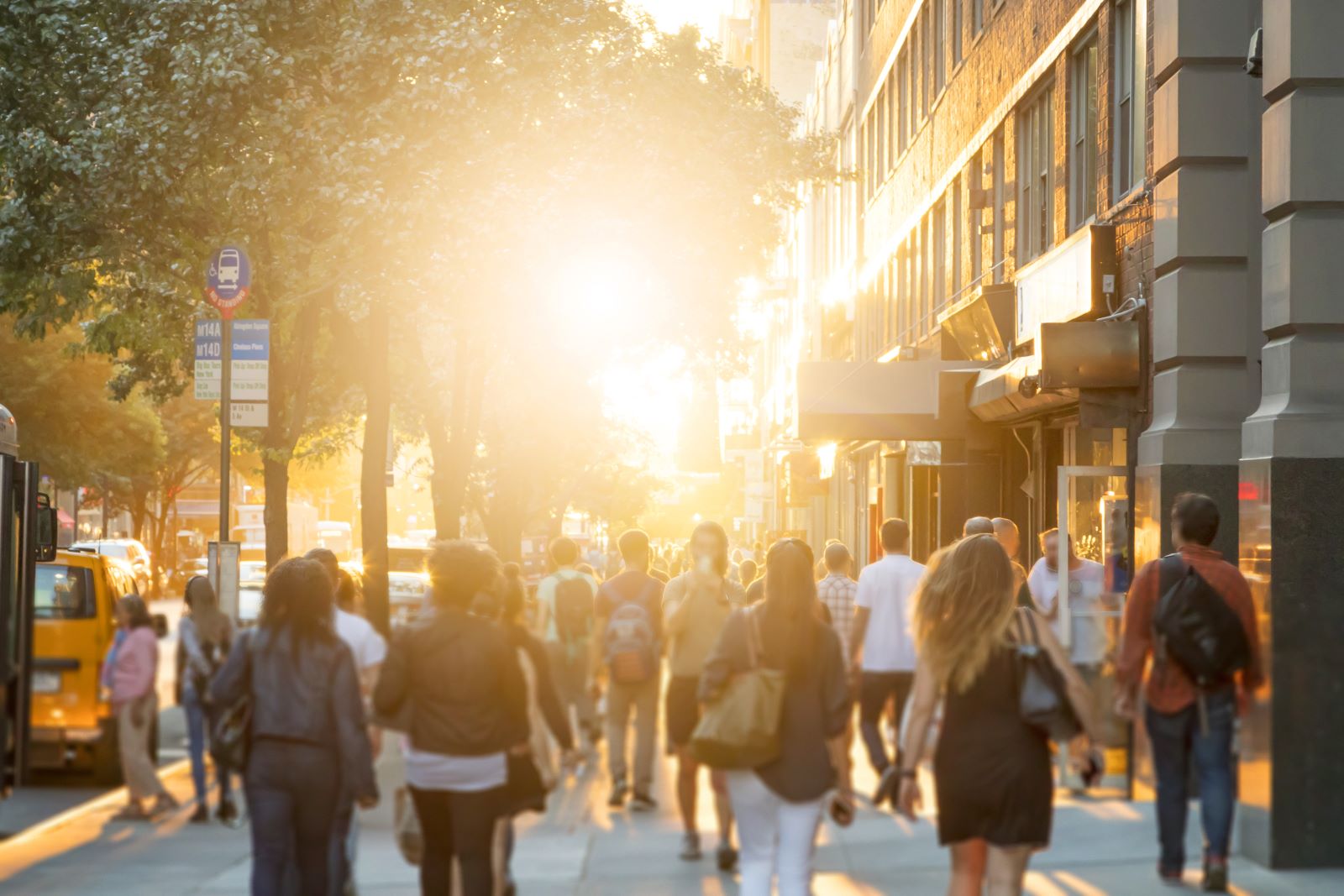
Image Credit: Shutterstock / Ryan DeBerardinis
However, as more people struggle with this phenomenon, it can also go the other way…
According to Griffith University’s Professor Emeritus Ralf Buckley: “Higher anxieties may mean that more people adopt ‘lie-flat’ lifestyles, with fewer children and lower financial ambitions. Lie-flat social changes at large scale are just what is needed to reduce human impacts on the Earth, before it is incapable of supporting its still-growing human population.”
It’s Normal

Image Credit: Shutterstock / gpointstudio
But don’t feel ashamed if you are struggling with anxiety regarding our planet.
Leslie Davenport, a leading voice in the developing field of climate psychology and the author of ‘All the Feelings Under the Sun’, says eco-anxiety is a “completely natural response” to climate change.
Can It Help?

Image Credit: Shutterstock / Ground Picture
Davenport, who is a practicing therapist in Tacoma, Washington, says cognitive behavioral therapy (CBT) has the potential to help people deal with their worries.
It can also help you determine where your perception of the problem became distorted, as well as examine the feelings and actions that arise from that.
Apparently Not
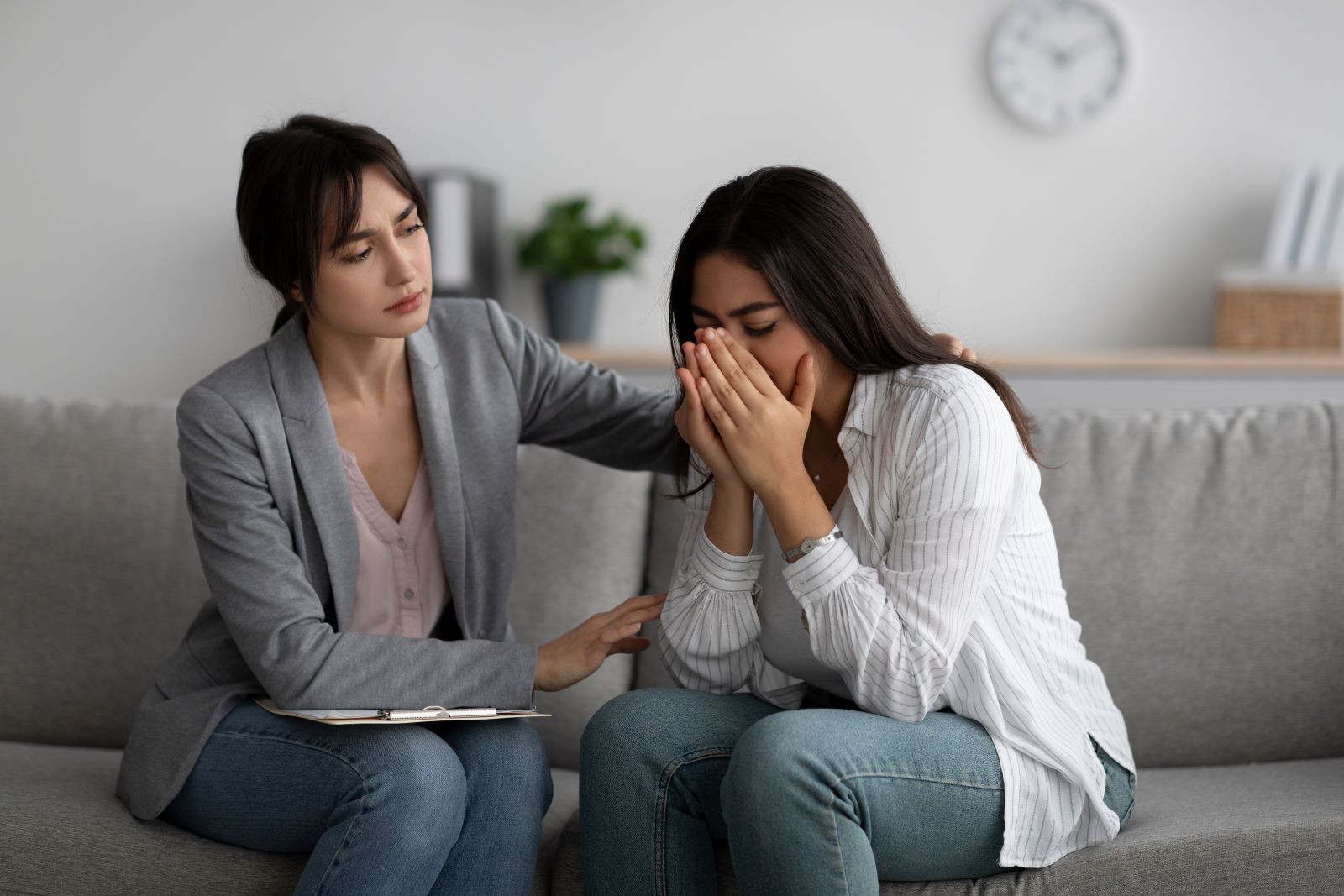
Image Credit: Shutterstock / Prostock-studio
However, CBT is not a viable solution for climate anxiety, as feelings about climate distress are quite logical.
According to Davenport, this type of anxiety originates from a place of empathy for other people as well as a world that they feel is “in really big trouble.”
Feel Your Feelings
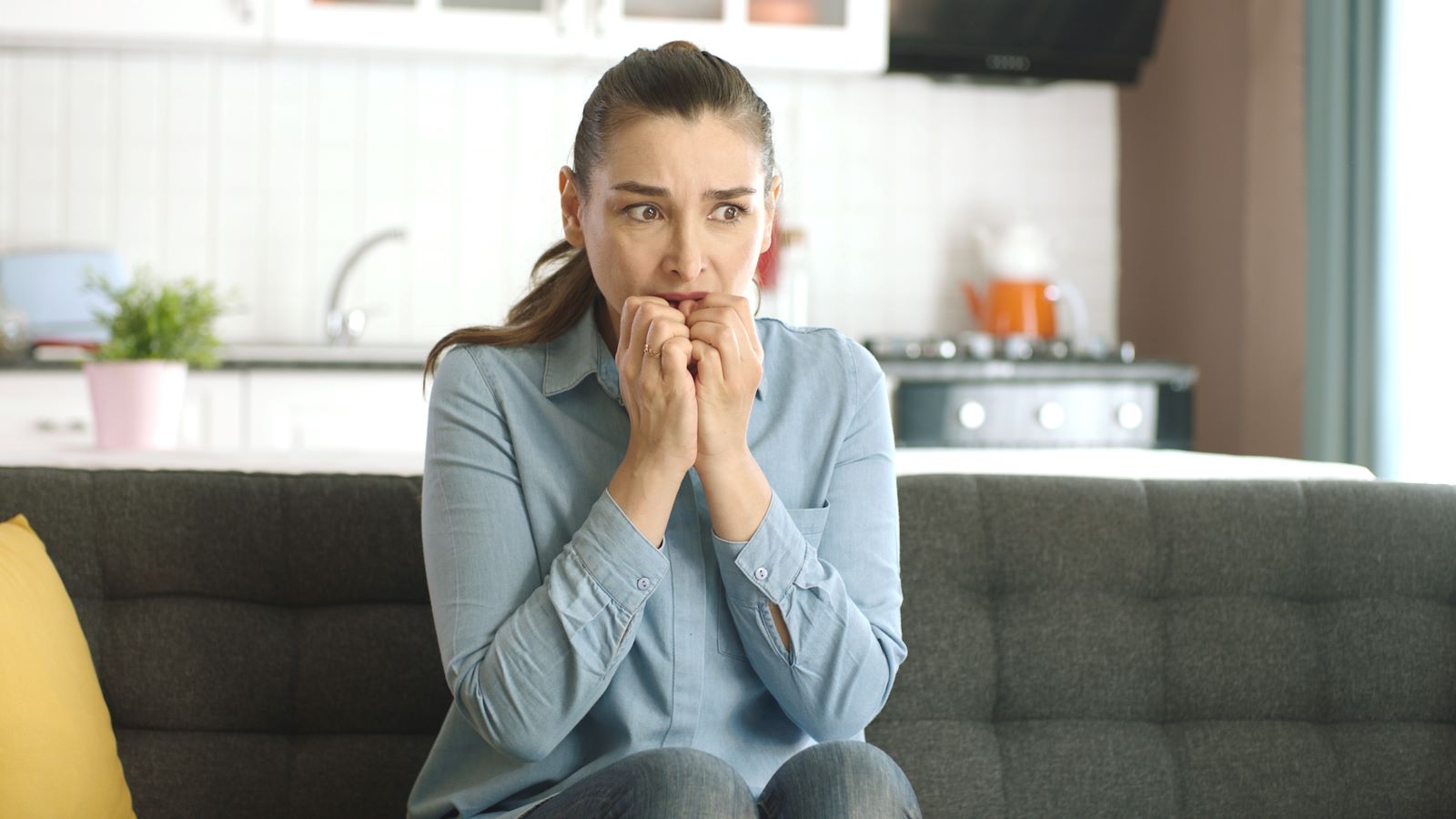
Image Credit: Shutterstock / Red Stock
As per Davenport’s observation, the most effective approach to addressing eco-anxiety is to begin by validating the severity and complexity of the issue of climate change, while also acknowledging its intensifying nature.
She states that the stubbornness of climate change plays a big role in why CBT has limited effectiveness for climate-related distress.
Learn to Live With It

Image Credit: Shutterstock / ArtMari
Davenport states: “With climate change, we are on this escalating arc where we, no matter how skilled we are, including those of us who devote our professional life to the psychological parts, are going to have to learn how to manage with higher levels of distress as we live through and witness more. And I don’t think CBT has ever conceived of addressing that.”
Not for All Doctors

Image Credit: Shutterstock / tsyhun
It is rare that clinical psychologist Charles Couchman from Austin, Texas makes use of CBT in his climate-focused private practice.
According to Couchman: “CBT is so much about managing symptoms.”
A Time and Place for CBT

Image Credit: Shutterstock / LightField Studios
Couchman says that while CBT can be very beneficial for people struggling with unfounded fears who can be helped by a new reference point or a different perspective, it won’t do much to put people in touch with their active feelings.
Problem vs. Symptoms

Image Credit: Shutterstock / George Rudy
Couchman sees himself as “definitely an advocate of some form of therapy that helps people connect with their aliveness and their power and to do something with it, and not just manage symptoms. Symptoms that are being caused by the world we live in, which needs changing.”
Overreacting?

Image Credit: Shutterstock / Okrasiuk
Anna Graybeal is another Austin-based psychologist and is also familiar with CBT’s restrictions in terms of dealing with eco-anxiety.
She discovered that when new patients were cautious about opening up about their feelings, it often turned out that “they had a previous therapist who just basically told them, ‘you’re catastrophizing. This isn’t that bad, you’re just overreacting,’” says Graybeal. “And that’s ridiculous. The person is not catastrophizing. It really is that bad.”
Stay or Leave
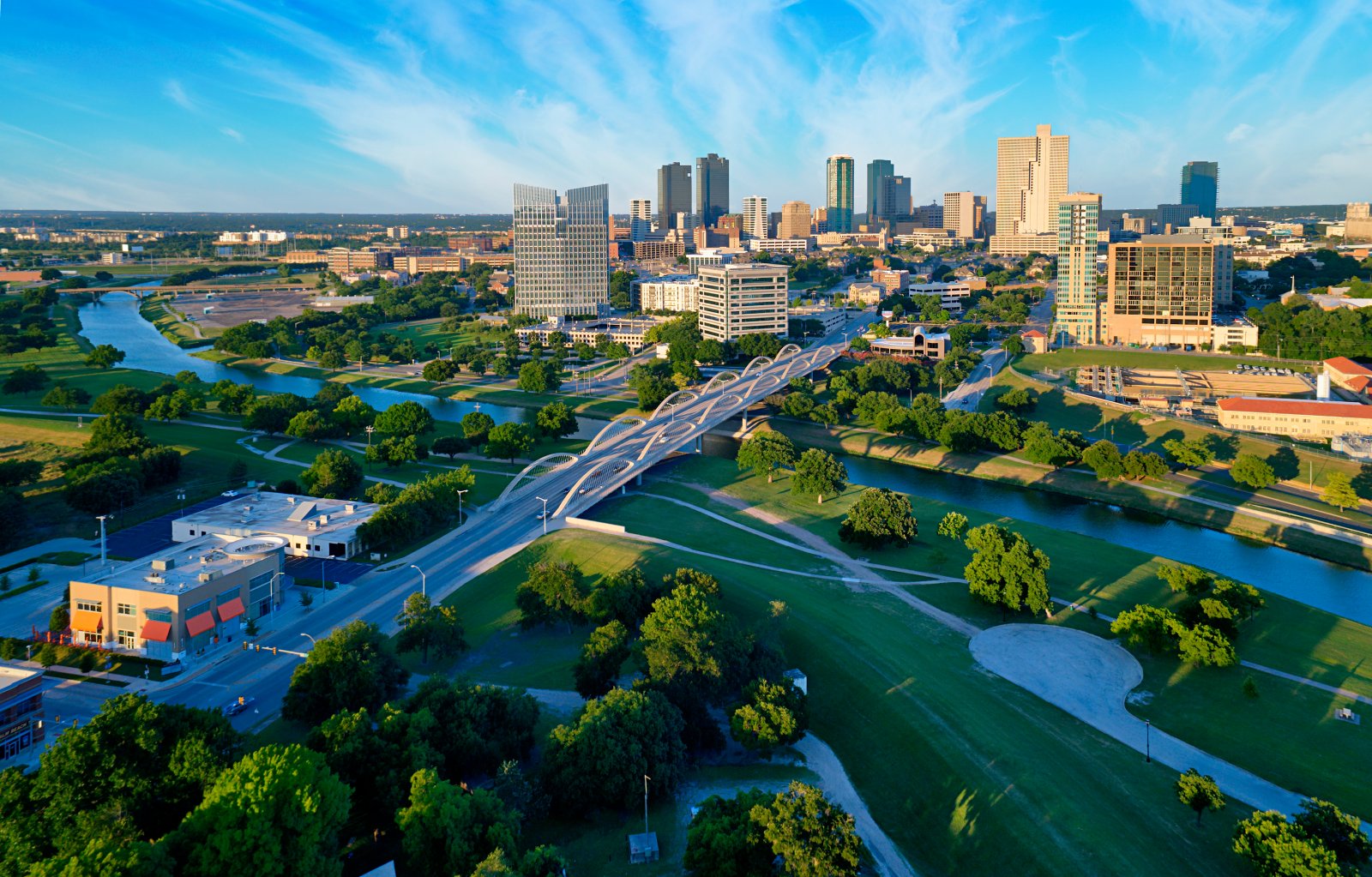
Image Credit: Shutterstock / Barbara Smyers
Texas is currently a great spot to observe the effects of global warming, thanks to the last few years’ excessive temperatures and repeated hurricanes.
Graybeal says that many of her clients are considering leaving the state for someplace cooler with less hectic weather.
Sitting Ducks?
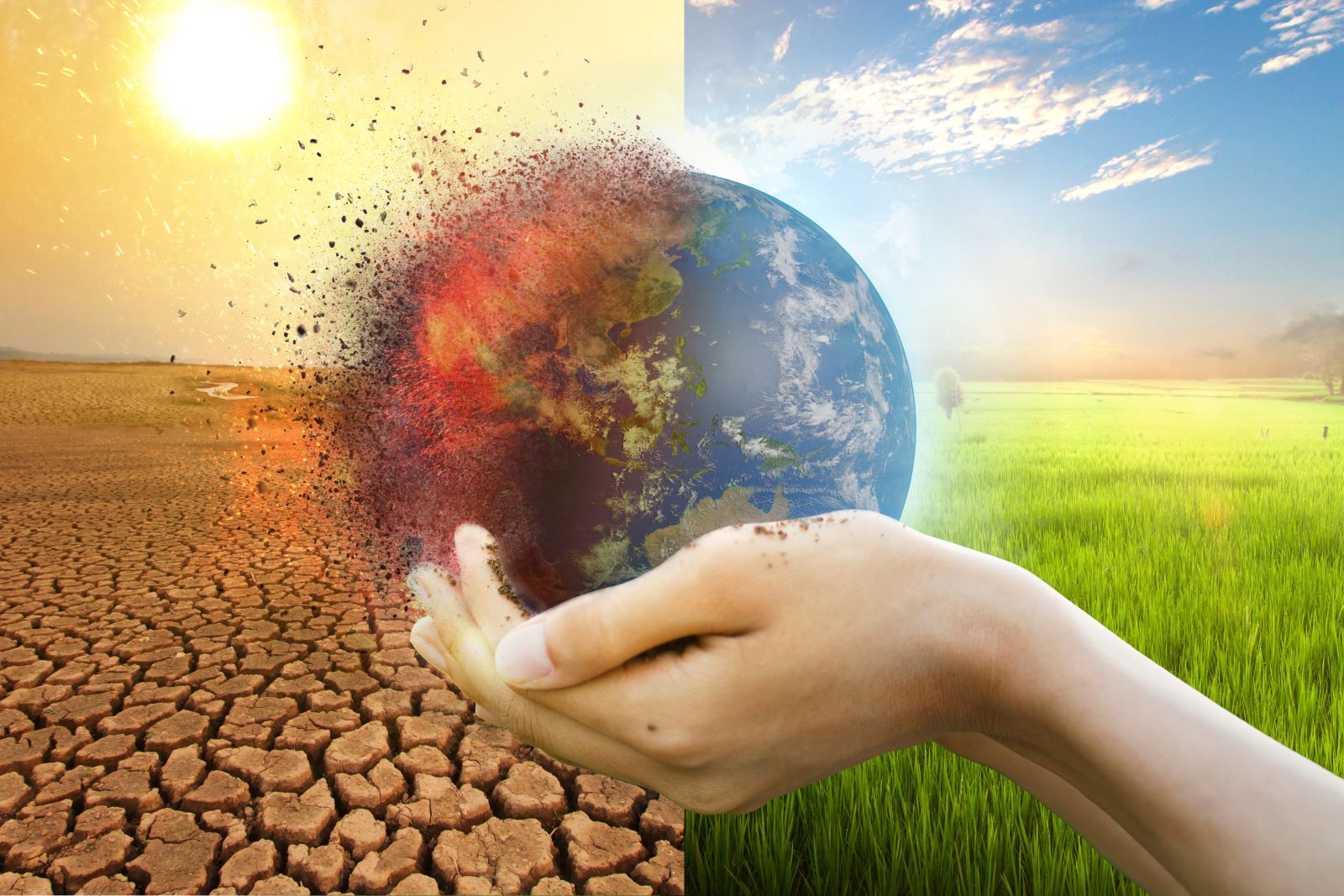
Image Credit: Shutterstock / Piyaset
Graybeal herself empathizes with them, for she has also pondered the future of Austin as the planet gets warmer and warmer.
Let’s Be Honest

Image Credit: Shutterstock / Ground Picture
While there are definitely tactics to help lessen the feelings and effects of eco-anxiety (such as taking a break from climate news and talking to someone, whether it be a friend or mental health professional), the facts are these:
• the climate crisis will intensify
• and it will lead to more and more people finding themselves confronted with the harsh reality of our changing world.
Oil Dumping Scandal Rocks Ships Heading to New Orleans

Image Credit: Shutterstock / Aerial-motion
Two shipping companies have been fined after knowingly hiding a large oil spill in the Atlantic Ocean. Oil Dumping Scandal Rocks Ships Heading to New Orleans
20 Eye-Opening Realities Facing Retiring Baby Boomers

Image Credit: Shutterstock / Jack Frog
As Baby Boomers approach retirement, the promise of leisure and security often seems unattainable. This generation faces unique challenges that could redefine retirement. Here’s a stark look at the realities shaping their outlook. 20 Eye-Opening Realities Facing Retiring Baby Boomers
Retail Apocalypse: Massive Closures Sweep Across U.S. Brands

Image Credit: Shutterstock / Tada Images
Stores across the U.S. are closing at unprecedented levels, according to new research from advisory firm Coresight Research. Read on for more information about the impact this could have on you and your communities. Retail Apocalypse: Massive Closures Sweep Across U.S. Brands
Featured Image Credit: Shutterstock / PeopleImages.com – Yuri A.


